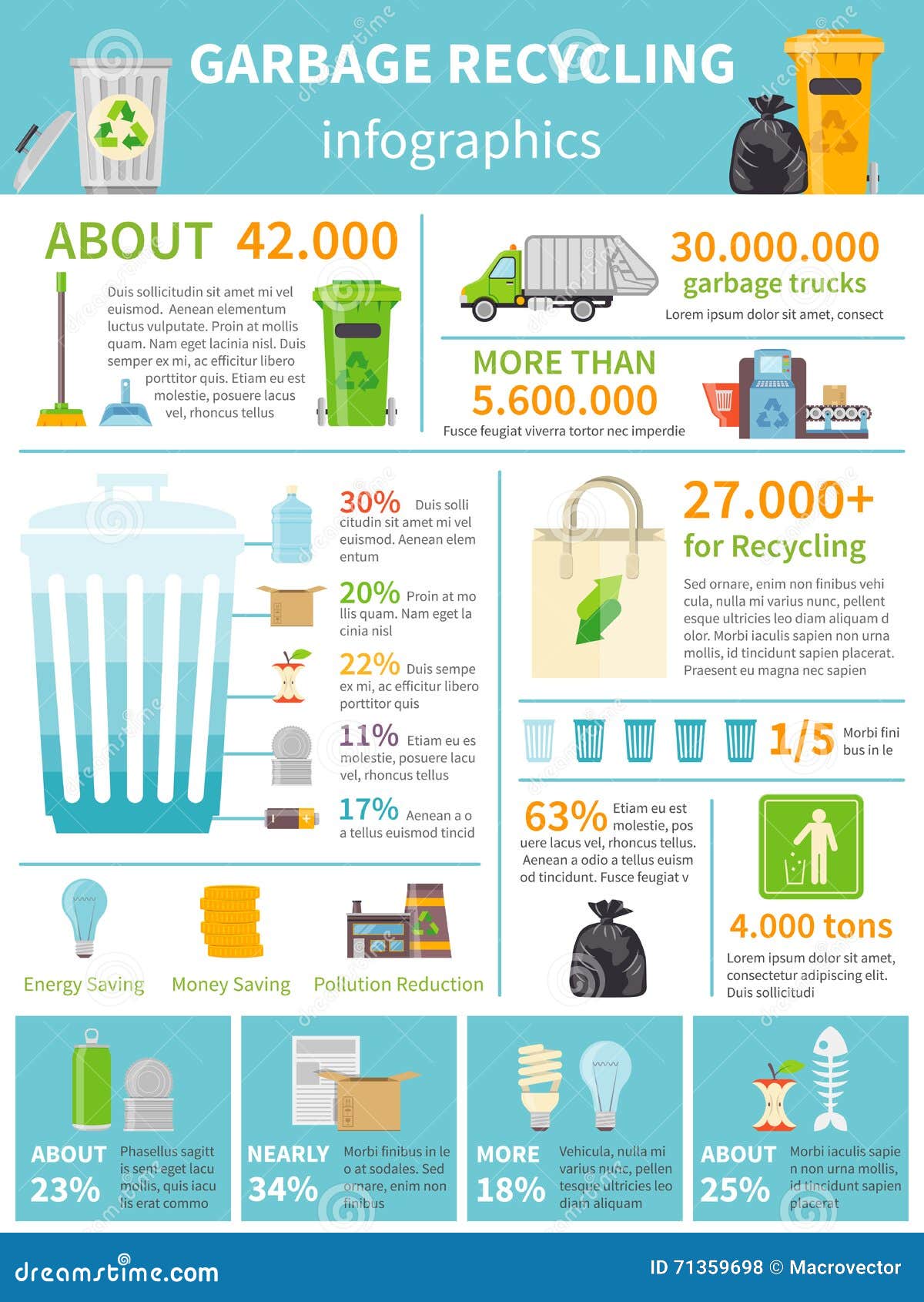Before you commit to renting a dumpster, there are vital variables you need to consider to prevent prospective challenges and guarantee an effective rental experience. From selecting the appropriate dumpster size to adhering to regional policies and following waste disposal guidelines, each action plays an important duty at the same time. By being informed and prepared, you can navigate the intricacies of dumpster rental with self-confidence and performance.
Dumpster Dimension Option
When selecting a dumpster size, consider the quantity of waste you require to throw away and the room readily available on your property. learn more to properly approximate the quantity of debris you'll be throwing out to ensure you pick a dumpster that can fit all of it. If you select a size that's too tiny, you may end up requiring several journeys to the landfill or additional pickups, resulting in extra expenses and trouble.
On the other hand, selecting a dumpster that's also huge for your demands can be a waste of cash and important space on your residential property.
To identify the best dimension, take stock of the kind and quantity of materials you'll be disposing of. For tiny cleanouts or remodellings, a 10-yard dumpster may be adequate. For bigger jobs like whole-home cleanouts or construction, you might need a 20 or 30-yard dumpster. By reviewing your waste volume and available area, you can pick the proper dumpster dimension to effectively manage your cleanup demands.
Local Regulations Recognition
To guarantee a smooth dumpster rental experience, it's essential to understand neighborhood policies regulating waste disposal in your area. Different cities and areas have specific rules pertaining to where and how dumpsters can be positioned, what products are permitted to be disposed of, and the necessary authorizations for positioning a dumpster on your residential or commercial property or the street. Failure to abide by these policies can lead to penalties or other penalties, so it's critical to acquaint yourself with the neighborhood needs prior to reserving a dumpster.
Some locations may have restrictions on the kinds of products that can be disposed of in a dumpster, such as contaminated materials or electronics. Furthermore, there might be standards on the positioning of the dumpster, such as distance from property lines or ensuring it doesn't block website traffic or accessibility to emergency services. Recognizing these laws in advance will aid you avoid any kind of problems throughout your rental duration and guarantee an easy experience.
Be sure to contact your regional waste monitoring authority or city authorities to get a clear understanding of the guidelines that apply to your location.
Garbage Disposal Guidelines
Prior to you begin taking care of waste in the rented dumpster, it's vital to follow specific standards to ensure correct and efficient disposal.
First, segregate your waste right into categories such as recyclables, organic waste, and basic garbage. This will make disposal simpler and a lot more eco-friendly.
Bear in mind any type of dangerous products that are prohibited from being disposed in the dumpster, such as chemicals, batteries, or electronics. These things require special disposal approaches to prevent injury to the atmosphere and public health.
Additionally, prevent overfilling the dumpster beyond its capability limit, as this can present safety risks throughout transport.
Comprehend the weight restricts established by the rental firm and prevent surpassing them to prevent extra charges or issues.
Final thought
Since you know the important pointers for renting a dumpster, you can with confidence reserve one for your job. Keep in click here to estimate the ideal size, adhere to neighborhood laws, and stick to waste disposal standards to ensure a smooth and cost-efficient experience. By being proactive and informed, you can take advantage of your dumpster rental and successfully manage your waste disposal demands.
